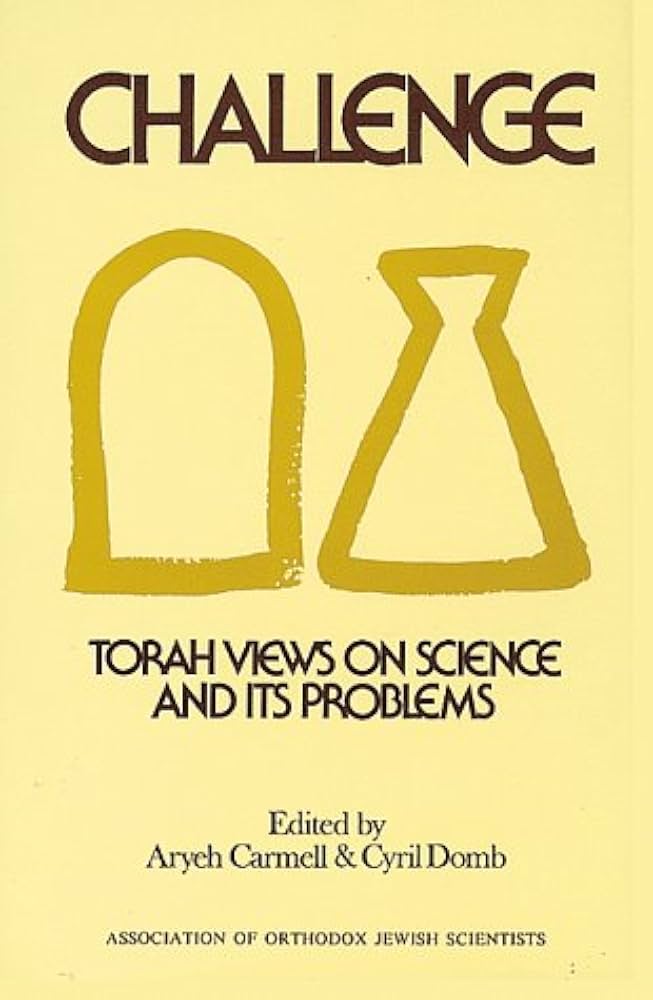Final part of the series, previous parts here and here.

- Area: Non-observance
Torah Problem: There are a large number of transgressions for which a Jew is to be excluded from the Jewish community. This could be problematic since it’s very divisive and there are so many laws that a great number of Jews today would fall under this. Furthermore, according to some of the harshest views (eg. Maimonides), these Jewish “heretics” can be killed at will, and according to standard Orthodox Jewish law, when they die their relatives are to hold celebrations feasts instead of mourning.
Rabbinic Solution: While some have opted to just ignore these laws, there is a potential “solution” to this: the law of tinok shenishba. This is a Jew who was kidnapped by non-Jews as a child and raised without knowledge of Judaism. They are not considered responsible for practices that stem from ignorance of Jewish law — and today many authorities expand this to include most secular Jews. Again it seems to me they started from the conclusion (I don’t want to treat 90% of Jews as utter abominations) and simply found a way to make this happen. - Area: Levirate marriage
Torah Problem: If a man dies childless his brother must marry the widow to continue the name (ie. yibum). Or if he doesn’t want to, she performs a ceremony where she spits at him in public and tells him off for not continuing his brother’s seed (ie. halitzah). From the Torah it’s quite clear that halitzah is a bad thing and a way of shaming and punishing the brother for refusing to perform yibum. Of course the problem is that levirate marriage probably seemed outdated and unnecessary by the time of the rabbinic era where social norms were at least somewhat closer to today’s ones compared to Biblical norms.
Rabbinic Solution: The rabbis switched it around and this is how it has remained in Jewish law. Halitzah is the preferred ceremony and the “default” one everyone is assumed to be doing, and yibum is the exception (it may even be forbidden nowadays). The reason given in the Talmud for the switch is that the rabbis saw that men were not fulfilling yibum out of love of the Torah’s commandment but out of “lust” for their brother’s widow. I think this is merely an excuse (although there’s less evidence for this one compared to the others) and the problem was just that yibum was proving an embarrassment. - Area: Polygamy
Torah Problem: The Torah allows polygamy, and unlike Islam there isn’t even a maximum number of wives specified. This wasn’t a problem in Biblical times where polygamy was probably the rule, or even Talmudic times where it was probably on the way out but still done. The problem came up much more recently, namely the Jewish communities in Europe in the Middle Ages. I haven’t done the research as to whether it was internal embarrassment or the appearance of backwardness to gentiles (probably both), but it was a problem.
Rabbinic Solution: Polygamy (in the Ashkenazi community) was done away with an edict by Rabbi Gershom in 1000CE. This was the nail in the coffin for the practice (of course non-Ashkenazi communities like Sephardi or Ethiopian ones split off in rabbinic leadership way before the edict so some of those practice polygamy until today).
So there you have it. I’ve always been of the opinion that fundamentalist religion involves about as much picking and choosing as “liberal” religion, I think this can be counted as evidence. Perhaps in the next 30-50 years we’ll see rabbinic solutions along similar lines to other problems the Torah poses: the treatment of same-sex relationships, the pain experienced during kosher slaughter, perhaps even circumcision of babies depending on where society goes. Personally I’d rather people became secular rationalists on masse but I’ll take any victory and we’d do worse than these changes.






0 Comments